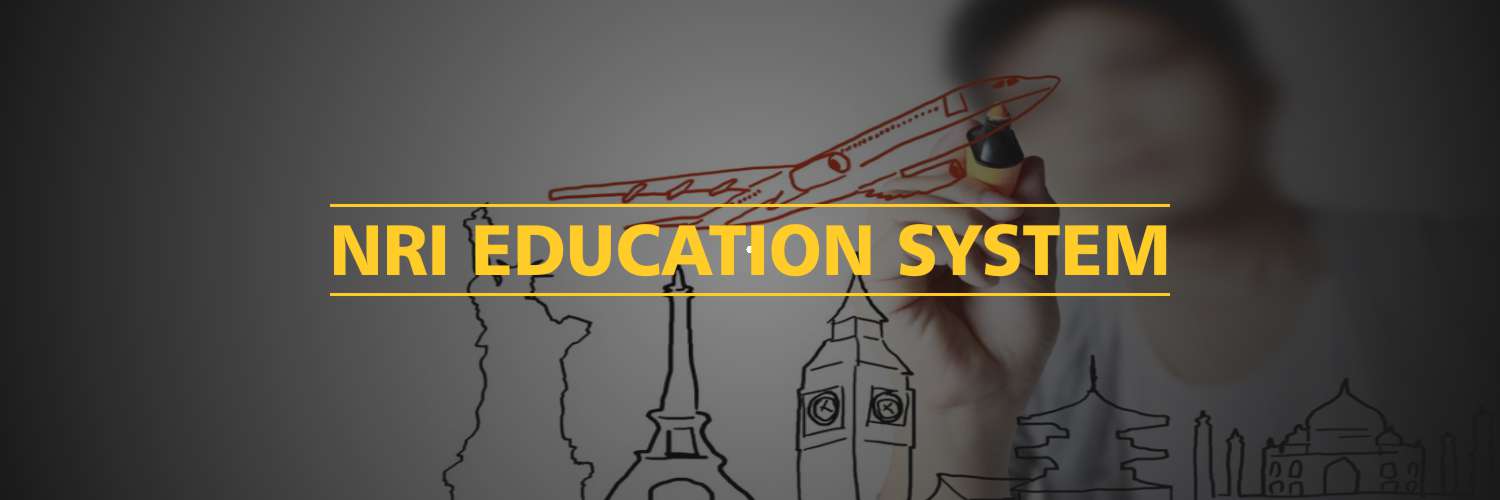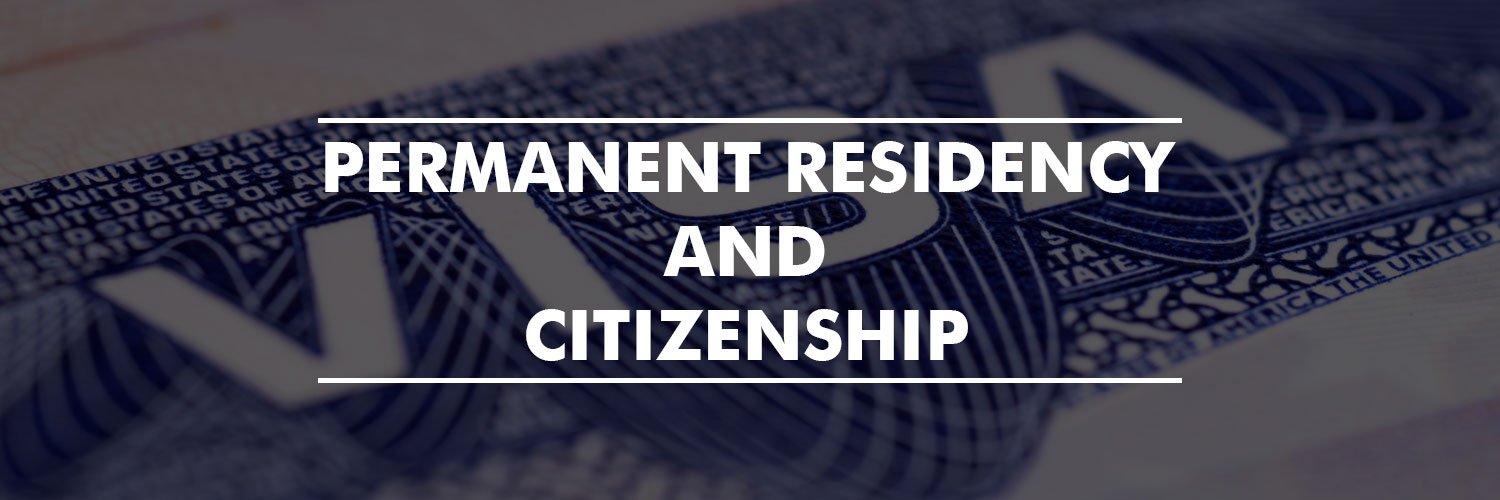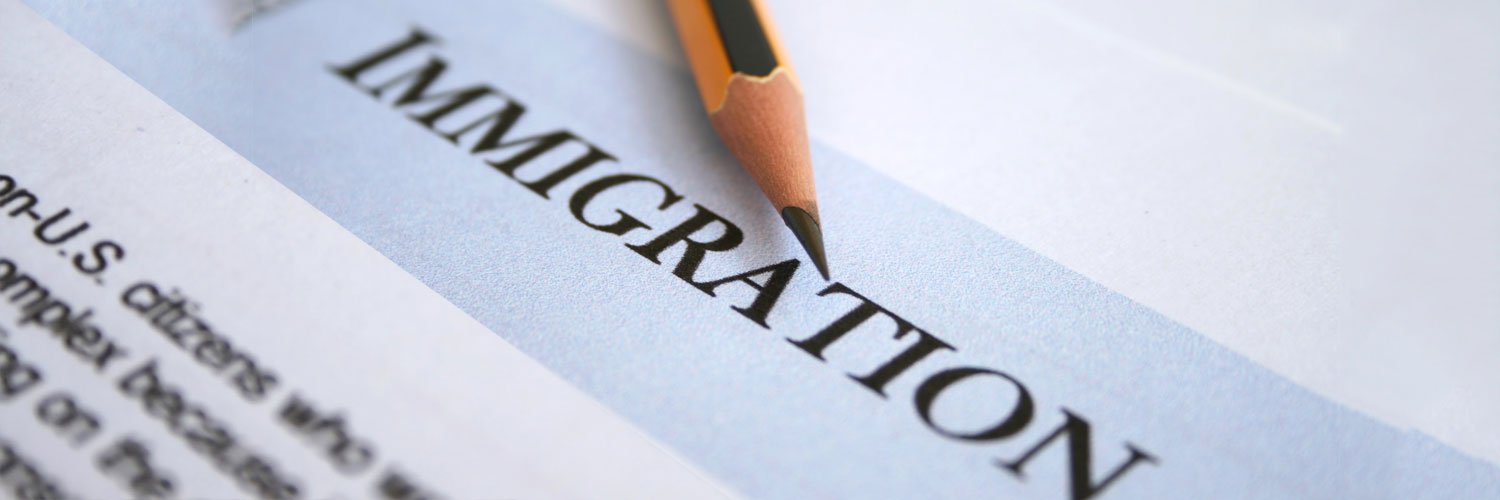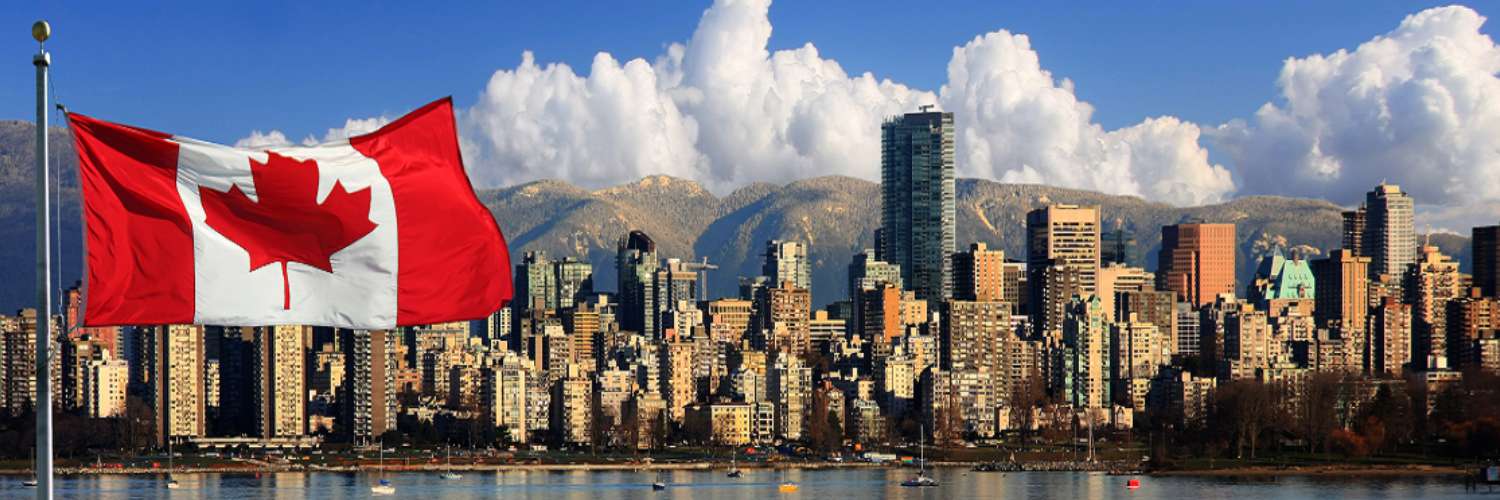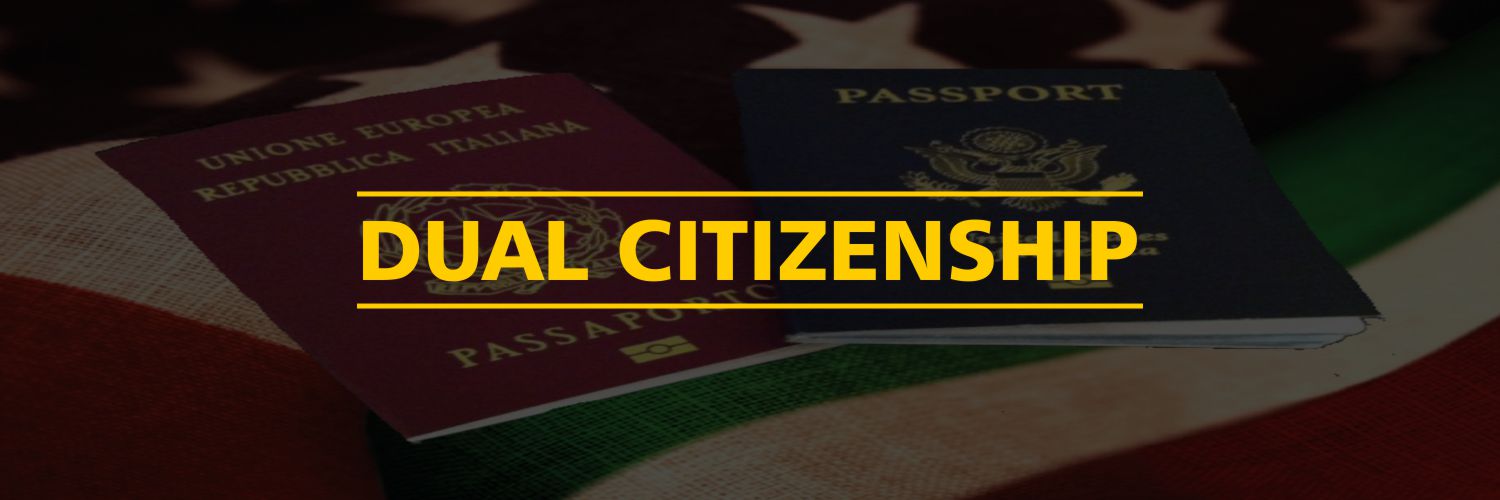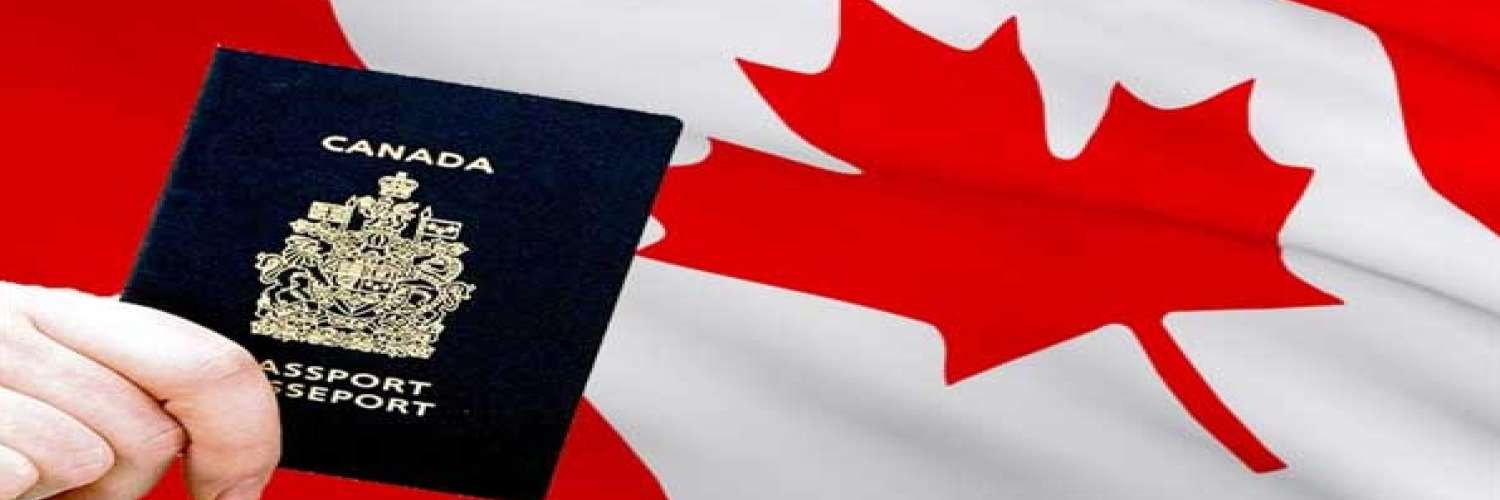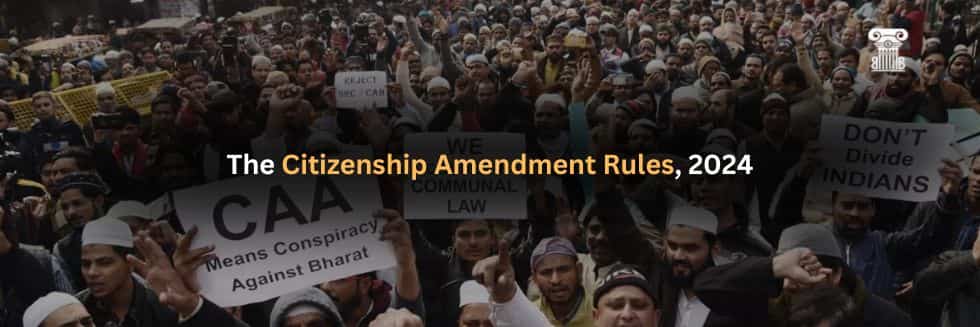What is a Temporary Resident Visa for Canada?
Millions of visitors around the World visit Canada each year for much-needed vacations, or to visit family or friends or for business trips. Such visits are categorized as Temporary Visits and for this purpose, a Temporary Resident Visa (TRV) is required. An exception is created for citizens from “visa exempt” countries such as the USA or Australia. To file for the Visa an application – TRV Form IMM 5257 – needs to be filled in along with other related forms and information which can be downloaded from http://www.cic.gc.ca/english/information/applications/guides/5256ETOC.asp#5256E4
The individual applicants must meet the requirements as stipulated under Immigration and Refugee Protection Act (IRPA) and the Immigration and Refugee Protection Regulations to qualify for a Temporary Resident Visa and shall have to convince the officer that they will be in Canada for a temporary stay and shall return to their respective country at the end of their stay with all supporting documentation.
What conditions are required applying for TRV?
An applicant must meet the following requirements for a TRV application:
- Must have a valid travel document e.g. Passport to travel.
- Must show proof of funds for their visit to Canada (Show that they have enough money to maintain themselves and their family members in Canada and to return home)
- Must have a letter of invitation from the person inviting you to come to Canada
- Proof that they will be staying in Canada only on a temporary basis
- Must not have a criminal record in their name.
- Must be in good health (medical examination required).
It must be noted that each immigration case is a little different compared to others, depending on the specific situation of each applicant and there may be a requirement of other documents to substantiate your application. It is advisable to obtain the TRV before departure from your home country as the Canadian Government does not grant visa on arrival in case of persons traveling as tourists.
What if you leave Canada and then return before your visitor visa expires?
There are two types of Visitor visas i.e., single entry visas, which mean that they are for one entry to Canada only and Multiple Entry Visas, which are for multiple entries.
Single Entry Visas – In the event you leave Canada and are likely to return, you must apply for another visa to visit. This does not apply in case you are traveling to the United States or to St. Pierre and Miquelon.
Multiple Entry Visas – This type of visa allows people to leave and return to Canada during the validity of their visas. There is no requirement to apply for another visa so long as the existing visa is valid.
Can I extend my visitor status?
Generally, when you come to Canada as a ‘visitor’, you will be given “visitor status” for a six month period. In case you are on a Visitor visa to Canada and wish to extend your stay, it is required to apply for an extension of your stay before the expiry of the current visitor status. You can apply for an extension of “visitor status” from within Canada at a Canadian immigration office. After applying for the extension, in case your visitor status expires you automatically get implied status (visit the implied status page of the CIC: http://www.cic.gc.ca/english/resources/tools/temp/visa/validity/implied.asp) until a final decision is made on your extension application by the Canadian Immigration office. In the event your application for extension is refused you can apply for restoration of status within 90 days of refusal (visit the restoration of the status page of the CIC: http://www.cic.gc.ca/english/resources/tools/temp/visa/validity/restoration.asp).
Who does not require a visitor visa for Canada?
Any individual who is in possession of valid evidence of permanent residence such as alien registration card (Green card holder) or any other evidence of permanent residence showing his status as being lawfully admitted to the United States does not require a visitor visa for Canada.
Similarly, a British Citizen and/or British Overseas Citizen; the citizens of British dependent territories such as Anguilla, Australia, Bermuda, British Virgin Islands, Cayman Islands, Falkland Islands, Gibraltar, Hong Kong, Montserrat, Pitcairn, St. Helena or the Turks and Caicos Islands, deriving their citizenship by way of birth, descent, registration or naturalization do not require a visitor visa for Canada.
If you are a Turkish citizen traveling on a diplomatic passport; or a person holding a passport or travel documents issued by the Holy See, you too do not need a TRV to travel to Canada.
Who requires a visitor visa for Canada?
Pretty much everyone else who is not exempt shall require a TRV to travel to Canada. The Citizens of countries such as India, Israel, (only Israeli citizens holding valid Israeli orange “Travel Document in Lieu of National Passport”), Afghanistan, Egypt, Bolivia, Algeria, Trinidad and Tobago El Salvador, Argentina, Bahrain, Bangladesh, Belarus, Bhutan Brazil, Botswana, Cambodia Albania Cameroon, Cape Verde, Central African Republic, Colombia, Comoros, Congo, Equatorial Guinea Cuba, Czech Republic, Dominican Republic, Ecuador, , Angola, Ethiopia, Fiji, Gambia, Ghana, Haiti, , Indonesia, Iran, Iraq, Jamaica, Jordan, Kazakhstan, Kenya, Kuwait, Lebanon, Liberia, Vietnam, Libya, Swaziland Macedonia, (former Yugoslav Republic of) Malagasy Republic, Malaysia, Maldives, Mali, Uzbekistan, Mauritius, Mexico, Mongolia, Morocco, Myanmar, (Burma) Tanzania, Nepal, , Nigeria, Oman, Pacific Islands, U.S. Trust Territory Pakistan, Panama, Paraguay, Peru, Philippines, Poland, Qatar, Romania, Russia, Saudi Arabia, South Africa, Sri Lanka, St., Lucia, St. Vincent, Sudan, , Syria, Taiwan, Thailand, , Tunisia, Turkey, Turkmenistan, Uganda, Ukraine, United Arab Emirates, Uruguay, Georgia, Venezuela, , Yemen, Yugoslavia, Zambia , Somalia, do require valid tourist visa to visit Canada.
How long does it take to process a TRV?
It is advisable to apply 2 months in advance of your planned departure. There is no guarantee of the processing time. It can be done faster with the guidance of professional immigration help. The application may be delayed based on one or more factors as set out hereunder:
- incomplete applications
- medical examination
- background or security checks required
- verification of criminal record
- interview required
- verification of documents needed
Do I need professional help to apply for TRV?
Although the procedure as set out seems simple and uncomplicated, it is advised to seek expert advice from an immigration lawyer.
It is pertinent to mention here that for TRV applications, there is actually a higher risk of refusal in cases where the application is not properly prepared, incomplete or incorrectly filled forms. By taking the assistance of professional immigration expert these can be improved upon and the chances of approval on you TRV increases.
Related Articles
Read more about The 3 Most Common Types of Visas for Express Entry to Canada
Immigration Appeal in Canada – Right to Appeal
Immigration to Canada – Changes in Manitoba Provincial Nominee Program
Immigration Appeal in Canada – Humanitarian and Compassionate Grounds


